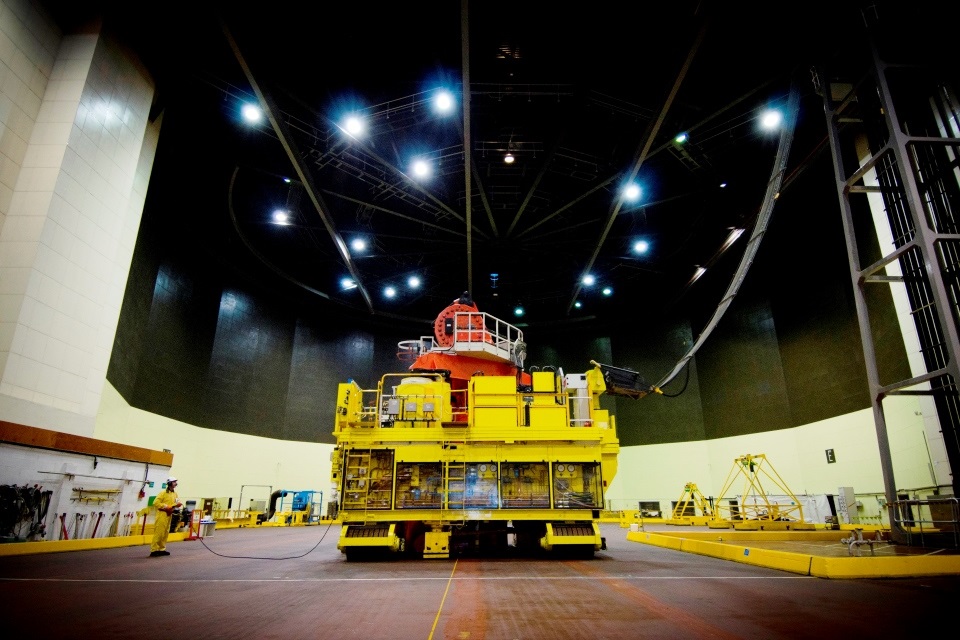News story: Consultation on fees for marine licences
Defra has today launched a consultation on proposals seeking to revise the marine licensing application fees applied to England and the Wales and Northern Ireland Offshore marine areas. Changes are needed in order to maintain marine licence applicant fee rates in-line with the costs incurred by the Marine Management Organisation in determining a marine licence application.
This is being proposed to make sure the cost burden associated with administering licences for development lies with beneficiaries and not taxpayers.
Detailed information on the proposals is included in Defra’s consultation document, but includes:
- availability of self-service licences
- a simplification of charges for a routine marine licence
- an increase in the hourly rate charged for routine and complex marine licences (from £94 to £122 per hour)
The proposals were previously discussed by the MMO’s Chief Executive, John Tuckett, during a hearing of the Environment Audit Committee in the House of Commons in January 2017. They are also part of a wider programme of improvements in marine licensing to make sure that the process it is as efficient as possible and proportionately manages risks to the marine environment.
Businesses and industry representatives have been involved in this work and their views are being used to develop appropriate processes and services, such as a self-service approach for some marine licences, which is mentioned in the consultation document.
The consultation runs until 2 February 2018. If any changes are agreed it is anticipated they will come into effect in March 2018. Further details will be provided in advance of any changes taking place.
